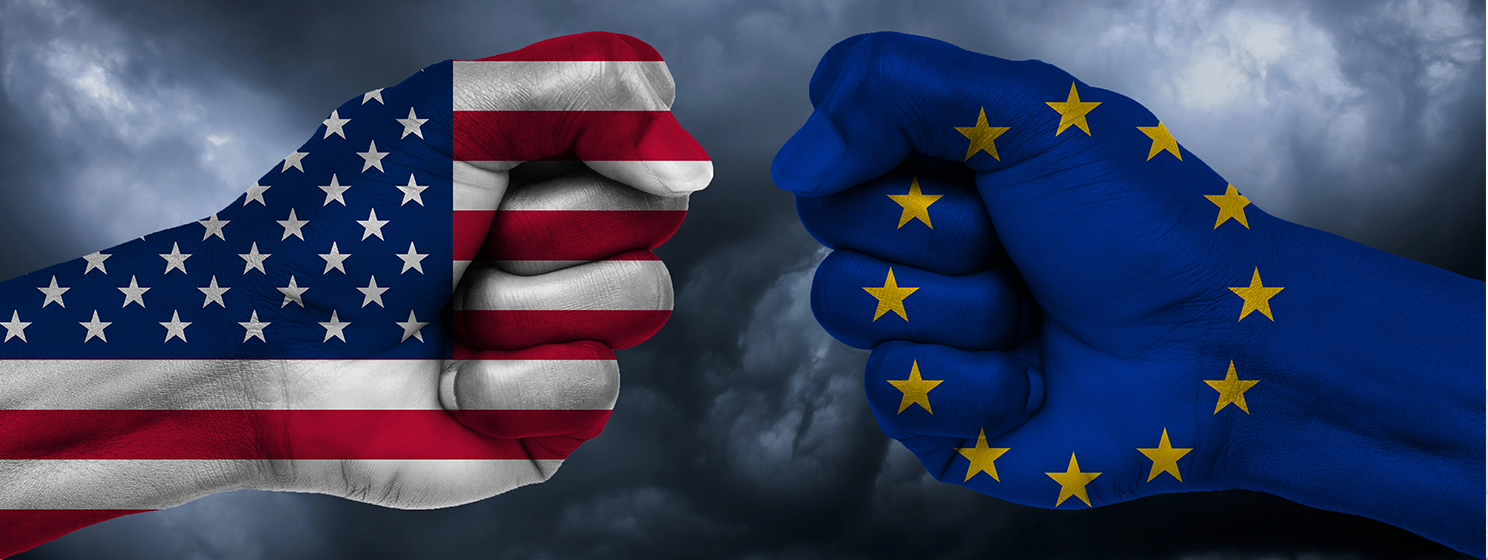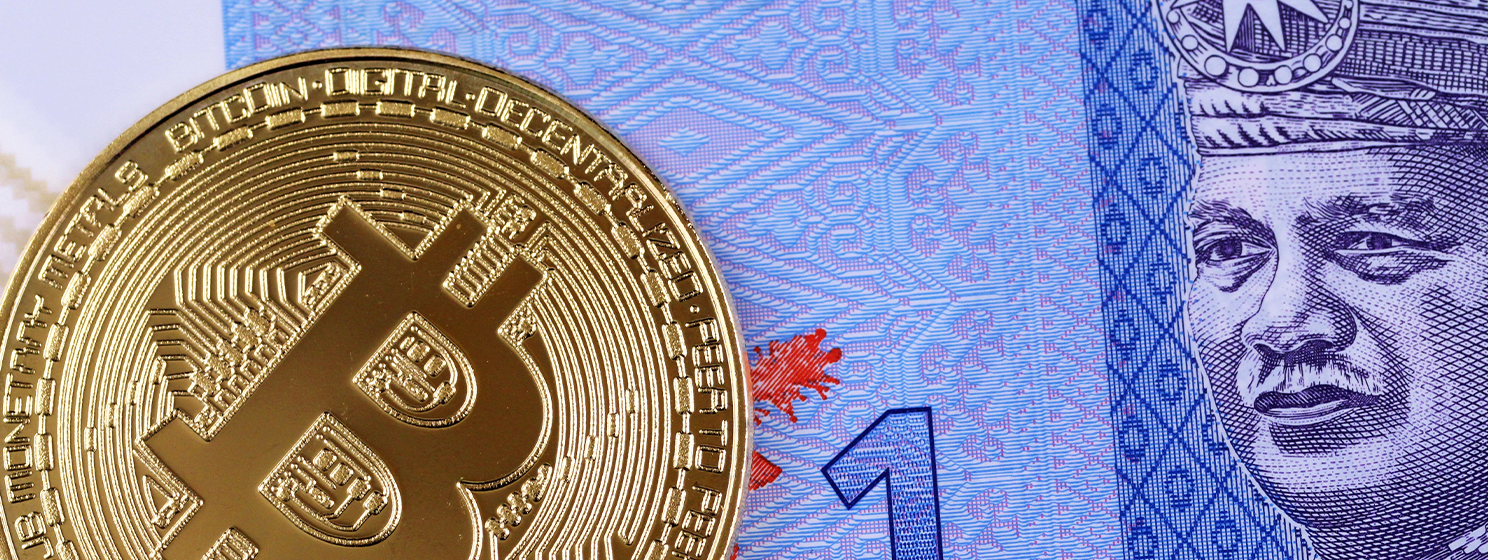|
Getting your Trinity Audio player ready...
|
When Hong Kong legislators passed the Stablecoins Ordinance last month, they opened the city-state up to becoming a global digital assets hub, with dozens of companies now seeking to issue stablecoins under the new framework. However, according to China’s largest securities brokerage, the new law goes beyond stablecoins and will anchor the multi-trillion-dollar tokenization of real-world assets (RWAs) in the city.
In a recent note, analysts from CITIC Securities opined that stablecoins would eliminate volatility from the tokenization sector, increasing market liquidity in the nascent industry.
Additionally, the new framework will serve as a foundation for future legislation focused on digital currency payments, custody, and settlement, which will further accelerate tokenization, CITIC’s Yang Zeyuan added.
Tokenization is already booming in Hong Kong, led by some of the city’s biggest firms, including HSBC (NASDAQ: HSBC), the local division of the Bank of China (NASDAQ: BACHY), and Ant International. HSBC’s Orion tokenization platform has become an industry standard in the city, and clients like the European Investment Bank have used it to launch tokenized bonds.
The tokenization has expanded beyond the financial sector. Last year, electric vehicle charging firm Longshine Technology issued $14 million worth of yield-bearing tokens, partnering with Ant Digital Technologies on the venture.
Hong Kong’s stablecoin clarity will aid this tokenization for local and mainland firms, CITIC analysts say.
The new Stablecoins Ordinance is already attracting some of Asia’s largest firms seeking to venture into this rapidly growing and vastly lucrative sector.
One is Jingdong Coinlink Technology, a subsidiary of China’s second-largest e-commerce firm JD.com (NASDAQ: JD). The Hong Kong-based firm plans to apply for a license under the new framework to issue HKD and USD stablecoins. CEO Liu Peng says stablecoins will play a central role in cross-border payments for JD.com as the $90 billion Chinese giant expands into other countries.
Tokenization fuels Dubai’s booming real estate market
Elsewhere, Dubai’s real estate market recorded rapid growth in May amid the city’s push for tokenization in the sector.
Data from Property Finder revealed that in May, property sales hit 66.8 billion dirhams ($18 billion), a 44% increase year-on-year, as transaction count grew 6% to 18,700.
“It reinforces what we already knew, Dubai is becoming one of the most active and attractive real estate markets globally. When you see 60 billion dirhams in transactions in a single month, it’s a strong signal that the market is liquid, dynamic, and ready for innovation,” Scott Thiel, the CEO of Tokinvest, told one outlet. The company offers a platform to buy, sell, and manage tokenized RWA assets.Dubai has launched a tokenization campaign over the past year in its thriving real estate sector. Last month, the city
launched the Middle East’s first tokenized real estate project, with title deeds stored on a blockchain platform. Through fractionalization, investors can purchase shares with as little as $550.
Dubai’s real estate market is one of the world’s most lucrative. Last year, the sector recorded AED 523 billion ($142 billion) in transaction value, with the luxury segment recording a 17% annual growth, among the highest growth rates globally alongside Manila and Seoul.
According to Thiel, tokenization could further fuel this growth.
“Tokenization won’t just accompany the next record, we believe, it will help drive it,” he stated.
What’s next for tokenization?
Tokenization has emerged as one of the applications of blockchain technology with the highest potential. A report by the Boston Consulting Group (BCG) projected that it will unlock $23.4 trillion in value by 2034.
In the past few years, it has exploded beyond pilots and limited proofs of concept (PoCs) to underpinning multi-billion-dollar deals. Last month, UAE developer MAG signed an agreement to tokenize $3 billion worth of its properties on MultiBank Group’s financial derivatives platform.
But while the technology rapidly advances, regulators have not kept pace, and this could impede adoption.
In the United States, for instance, startups could raise funds directly from investors by issuing tokens, rather than from traditional VCs. However, as Robinhood’s (NASDAQ: HOOD) senior vice president Johann Kerbrat recently noted, the country’s law only allows accredited investors to participate in such funding rounds.
“A new regulatory approach is needed to allow tokenization to flourish, and that system should be designed at a federal level to provide consistency to the marketplace,” he told one news outlet.
Watch | Spotlight On: Centi Franc—the truly stable stablecoin

 02-21-2026
02-21-2026 




